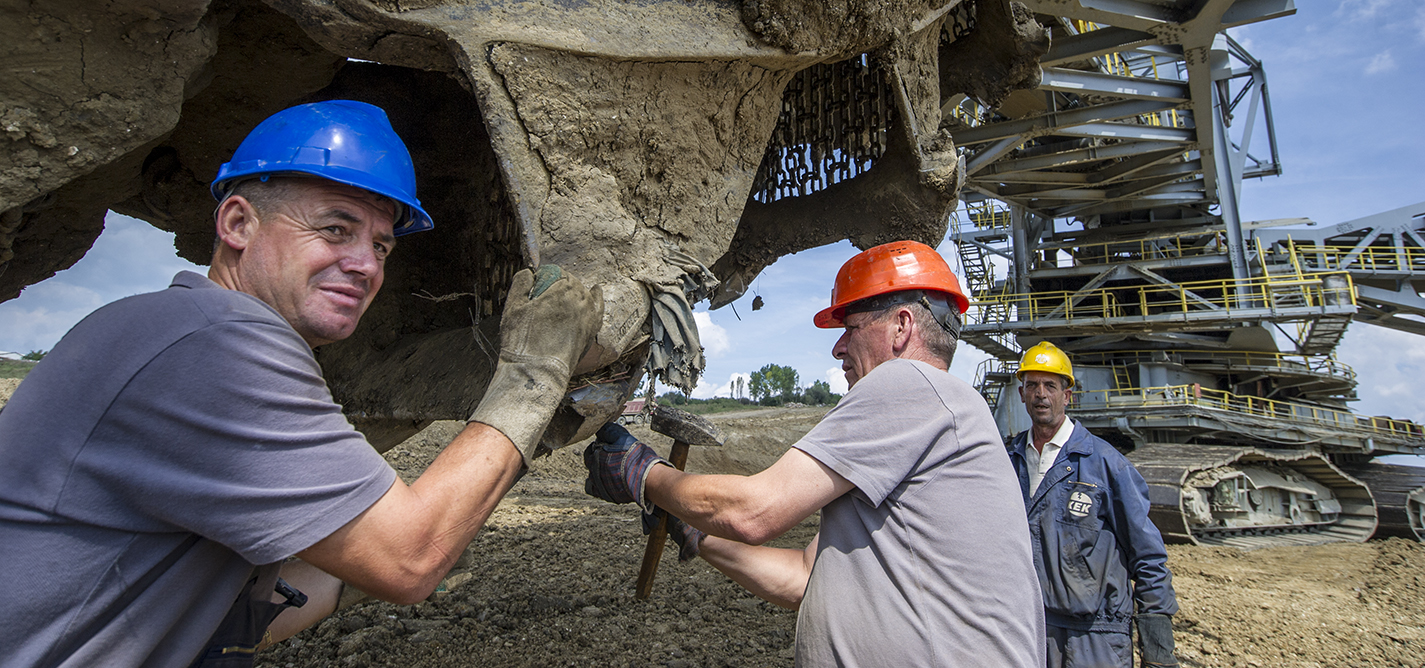
Nexhat Llumnica: Most KEK employees don’t get to enjoy their retirement days
Unionist says protests are only way to bring change to the severe working conditions KEK employees face.
|28.12.2018
|
"It is a flaw in general, because they never fulfill the demands of workers without putting a great deal of pressure on them."
"There is a need for more workers and we hope that there will be more job calls published in the future. If not, we will insist on this being realized - through protests if needed."

Fortesa Doqi
Fortesa Doqi finished her studies in Media and Communication at the University for Business and Technology (UBT) in Prishtina. Over the years she has completed internships at different medias, and is now part of the Professional Shadowing mentorship program at K2.0.
This story was originally written in Albanian.